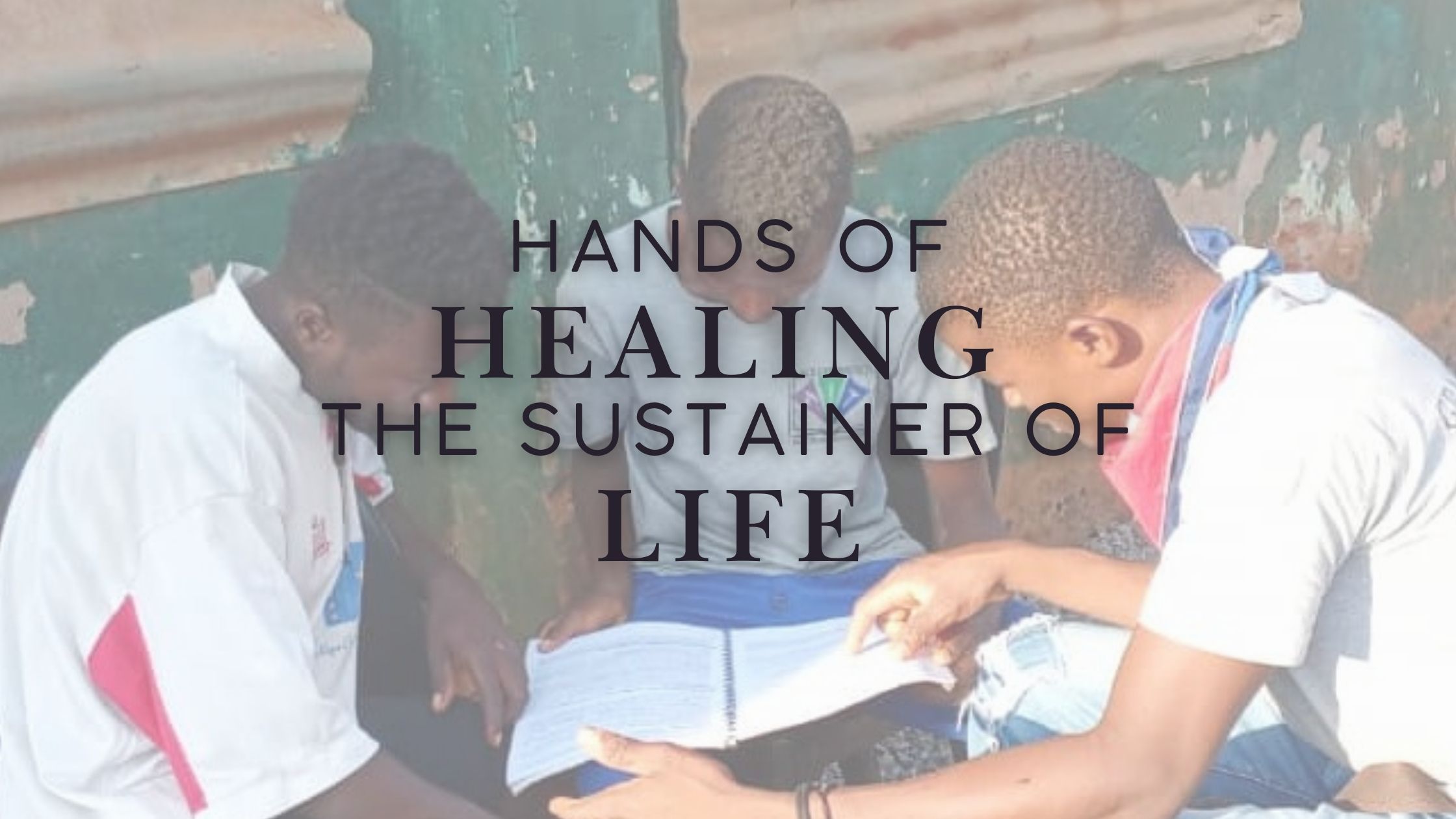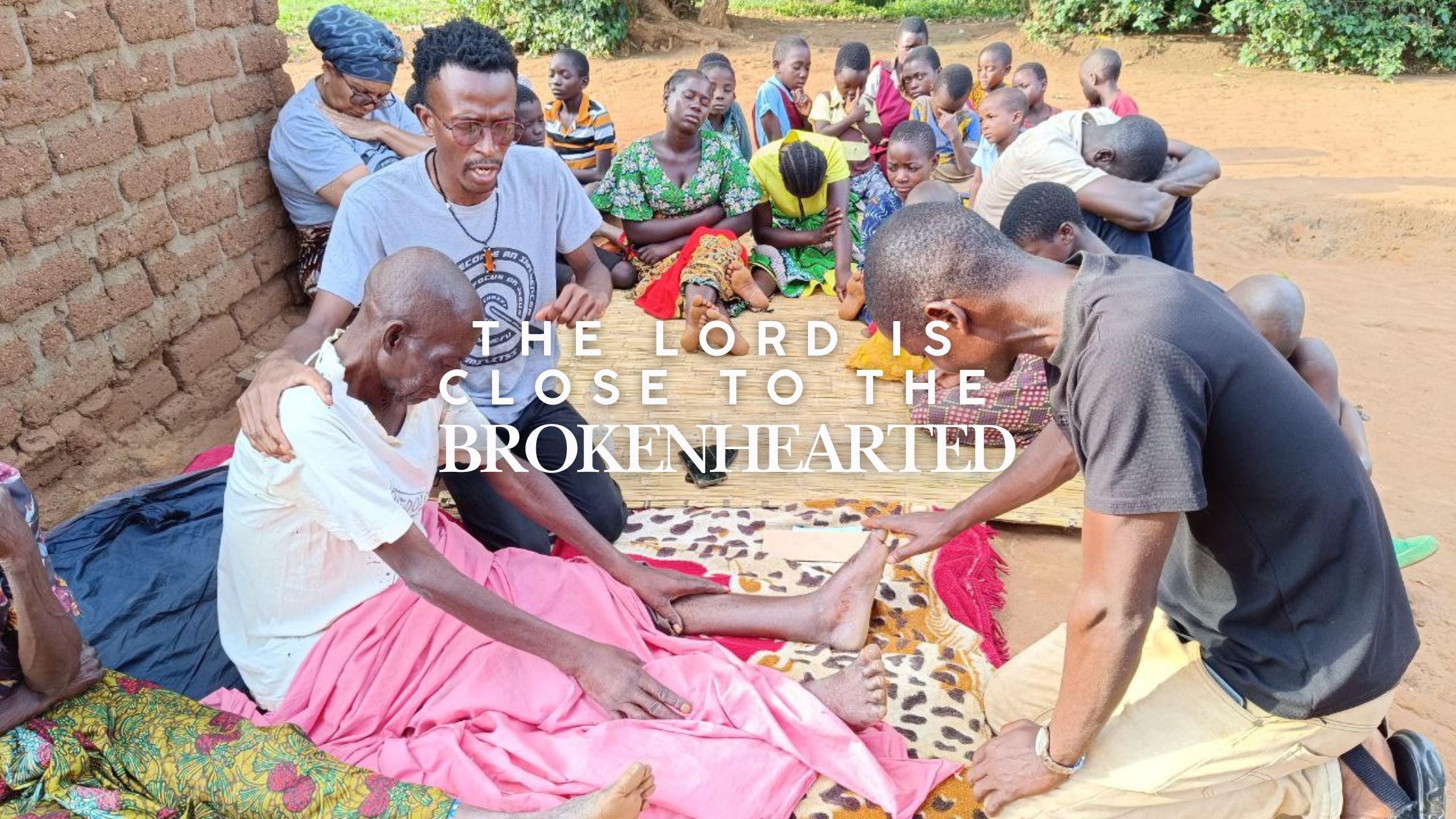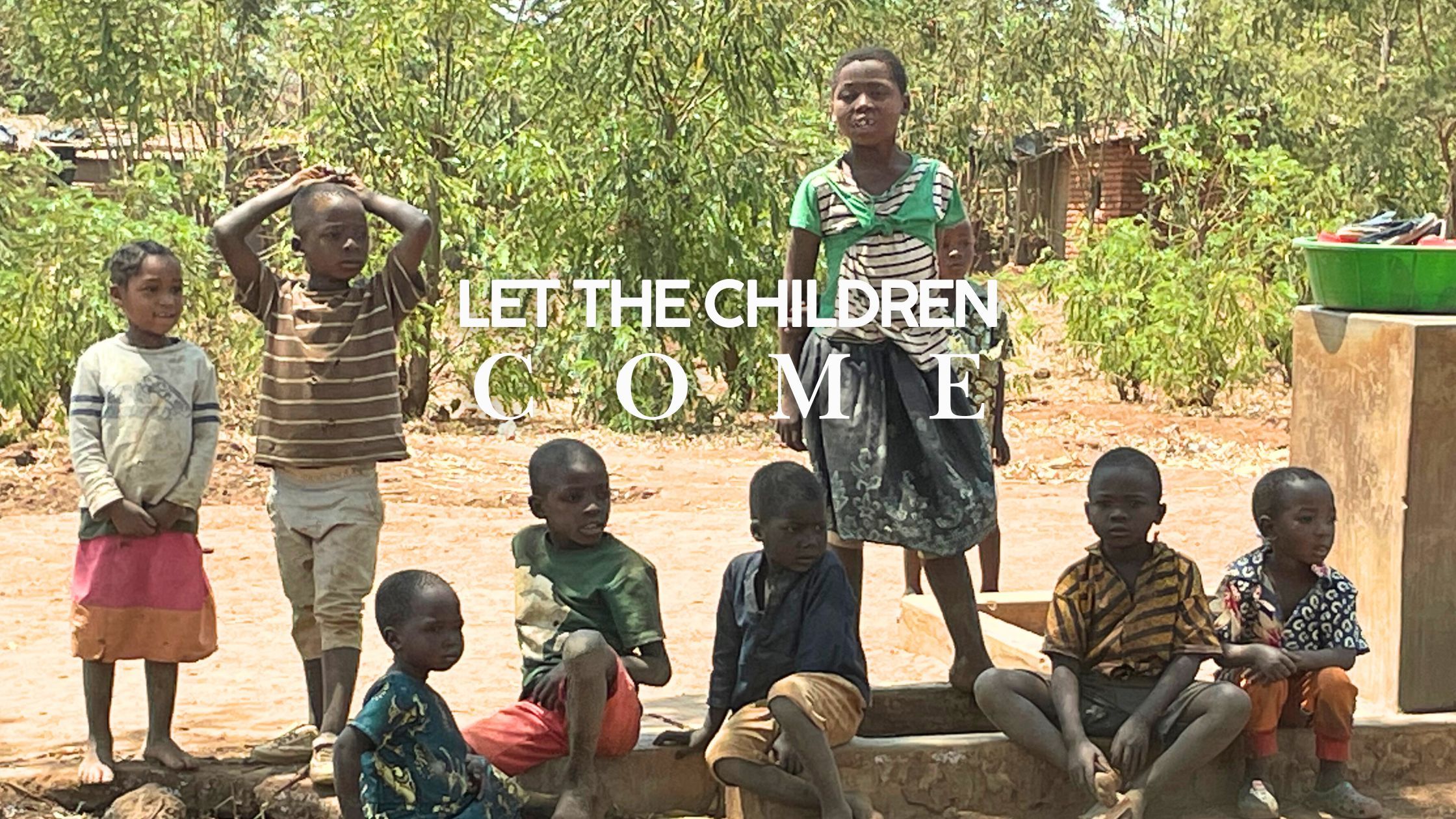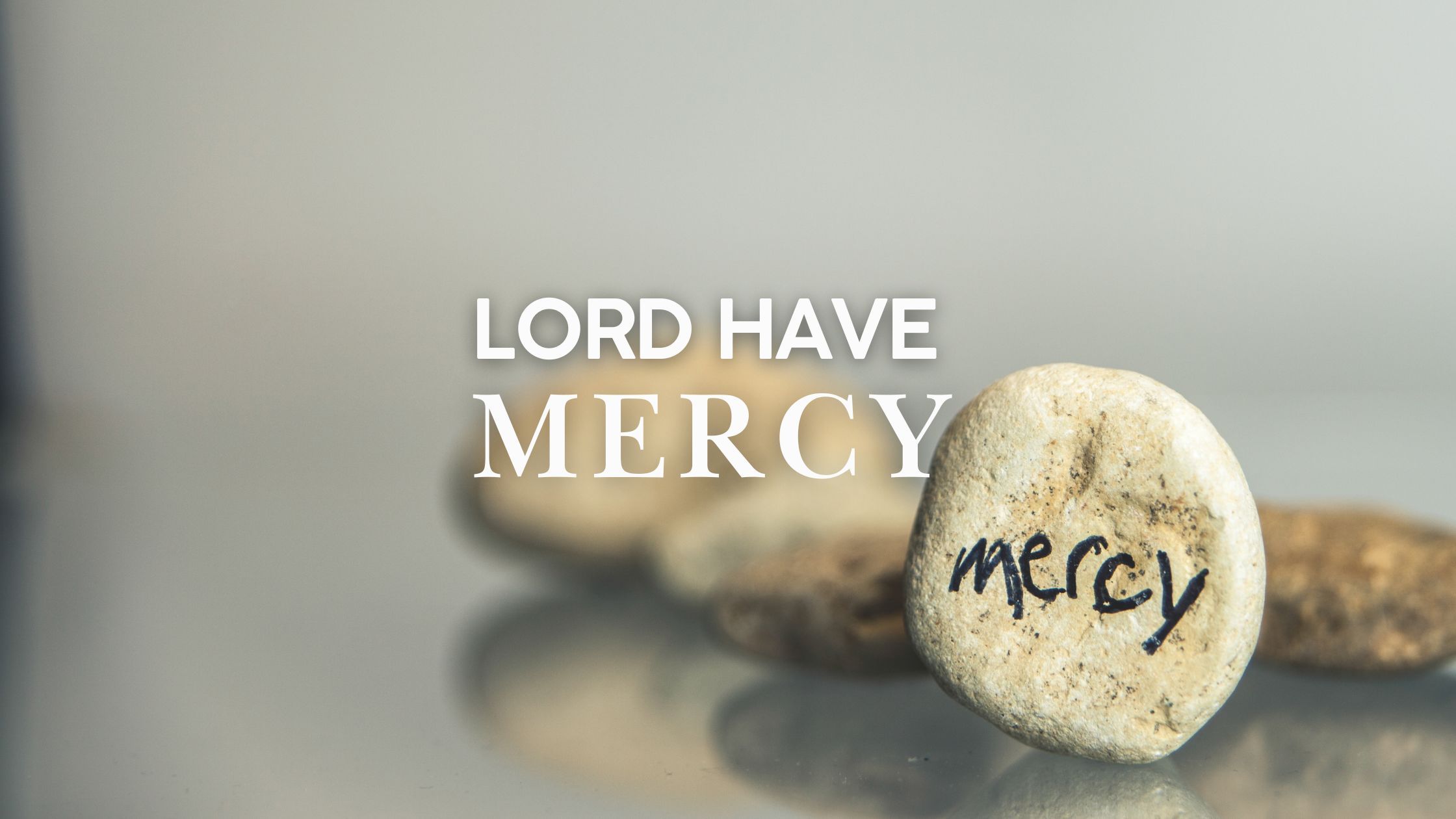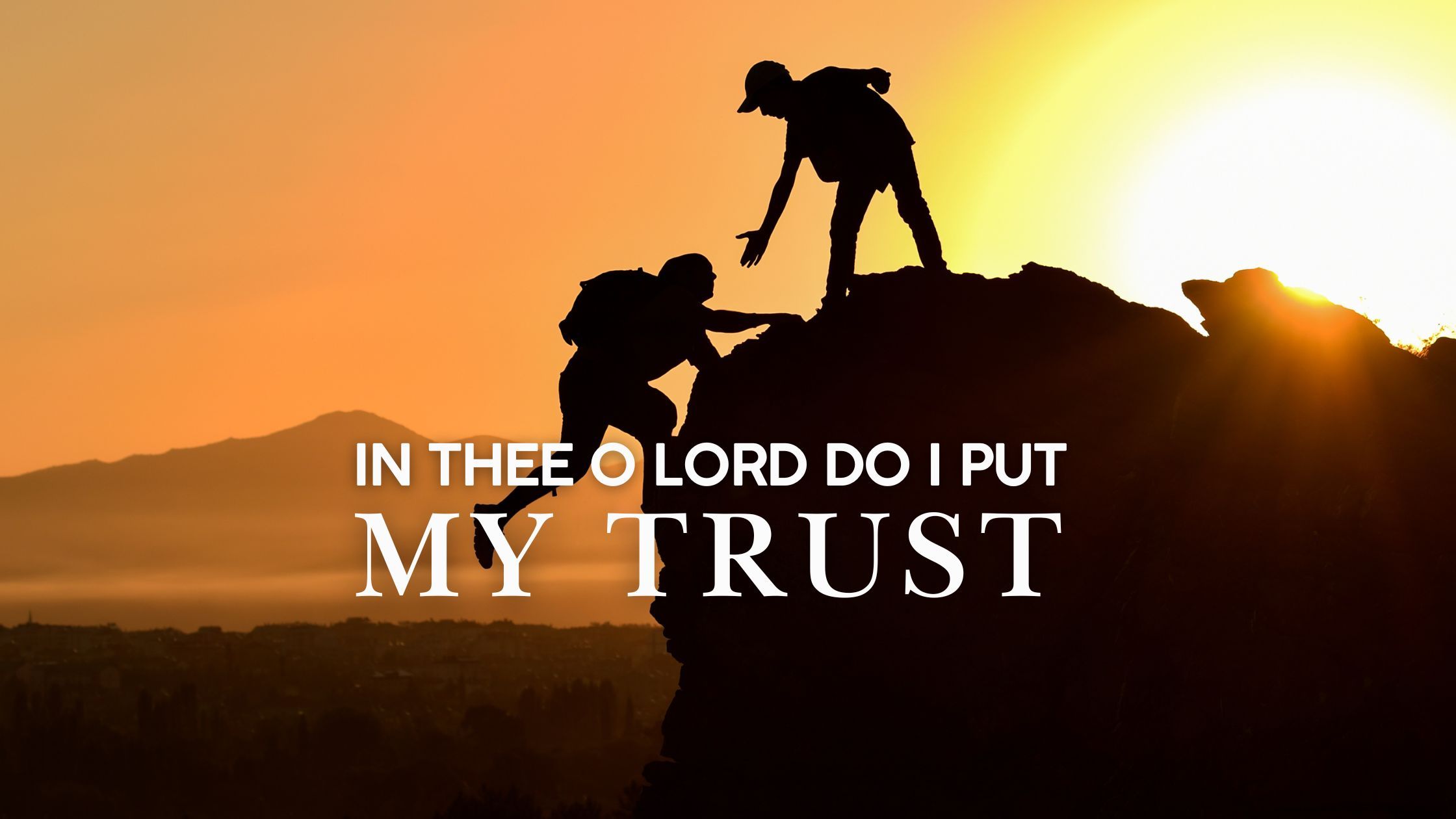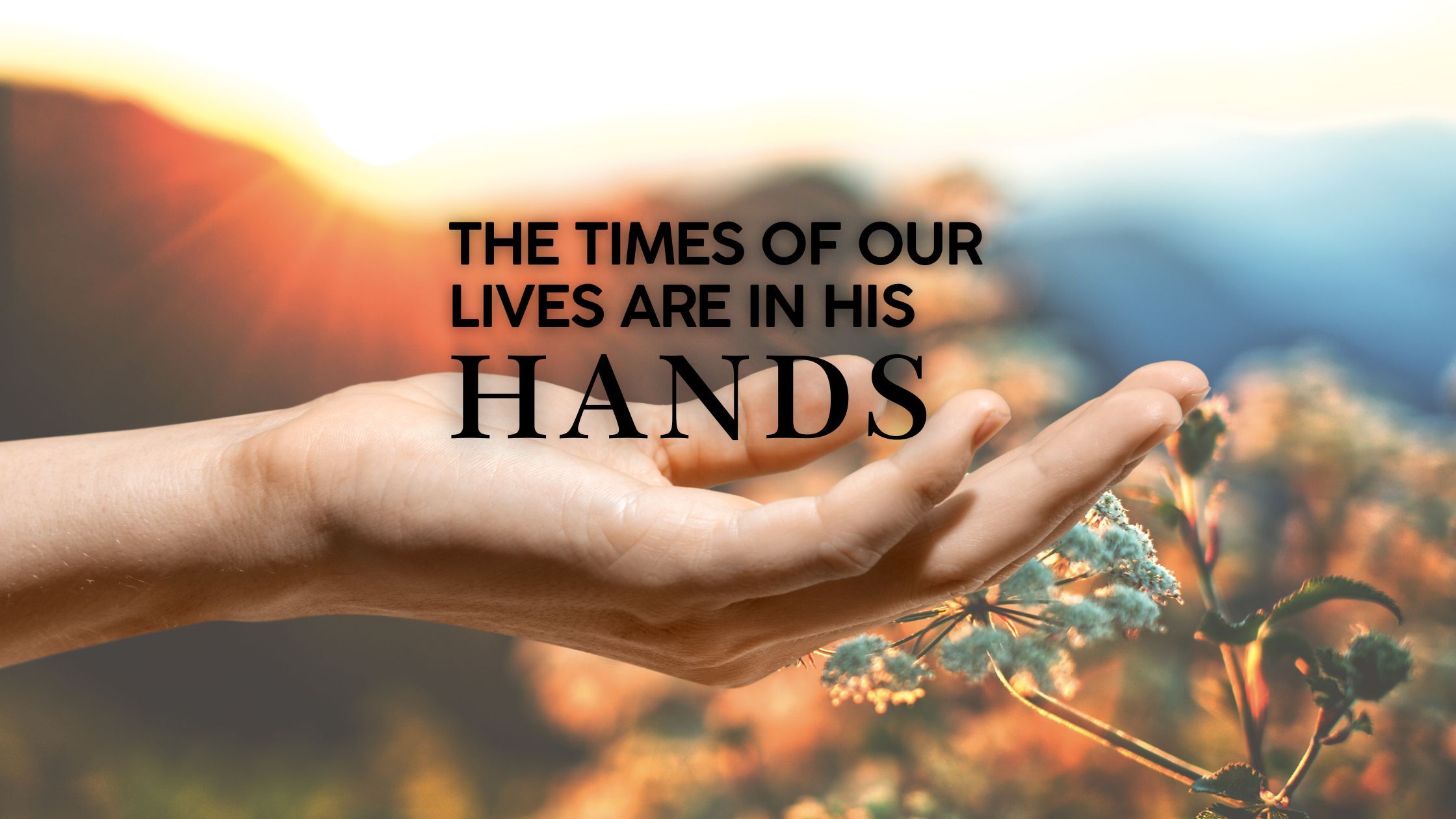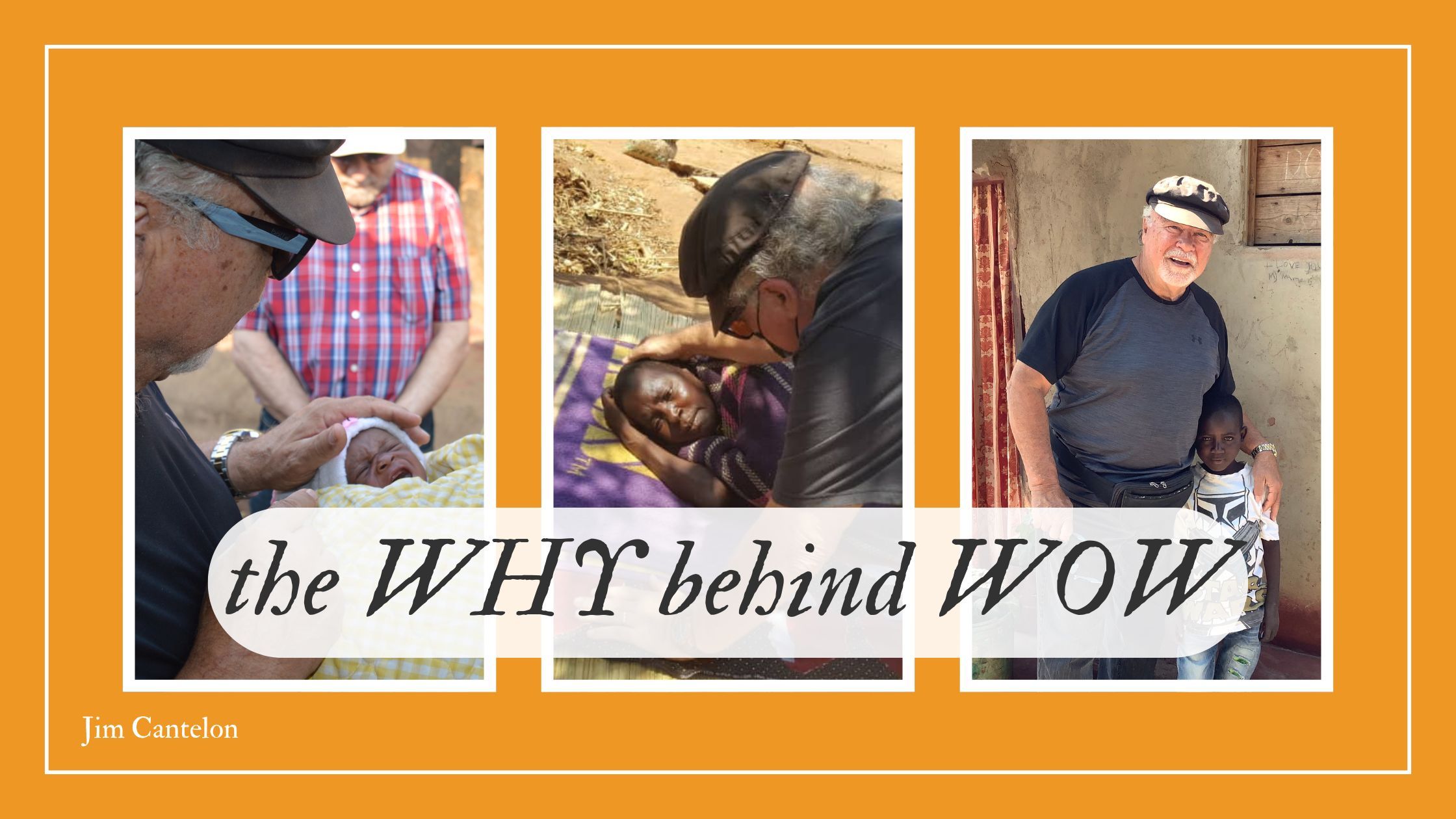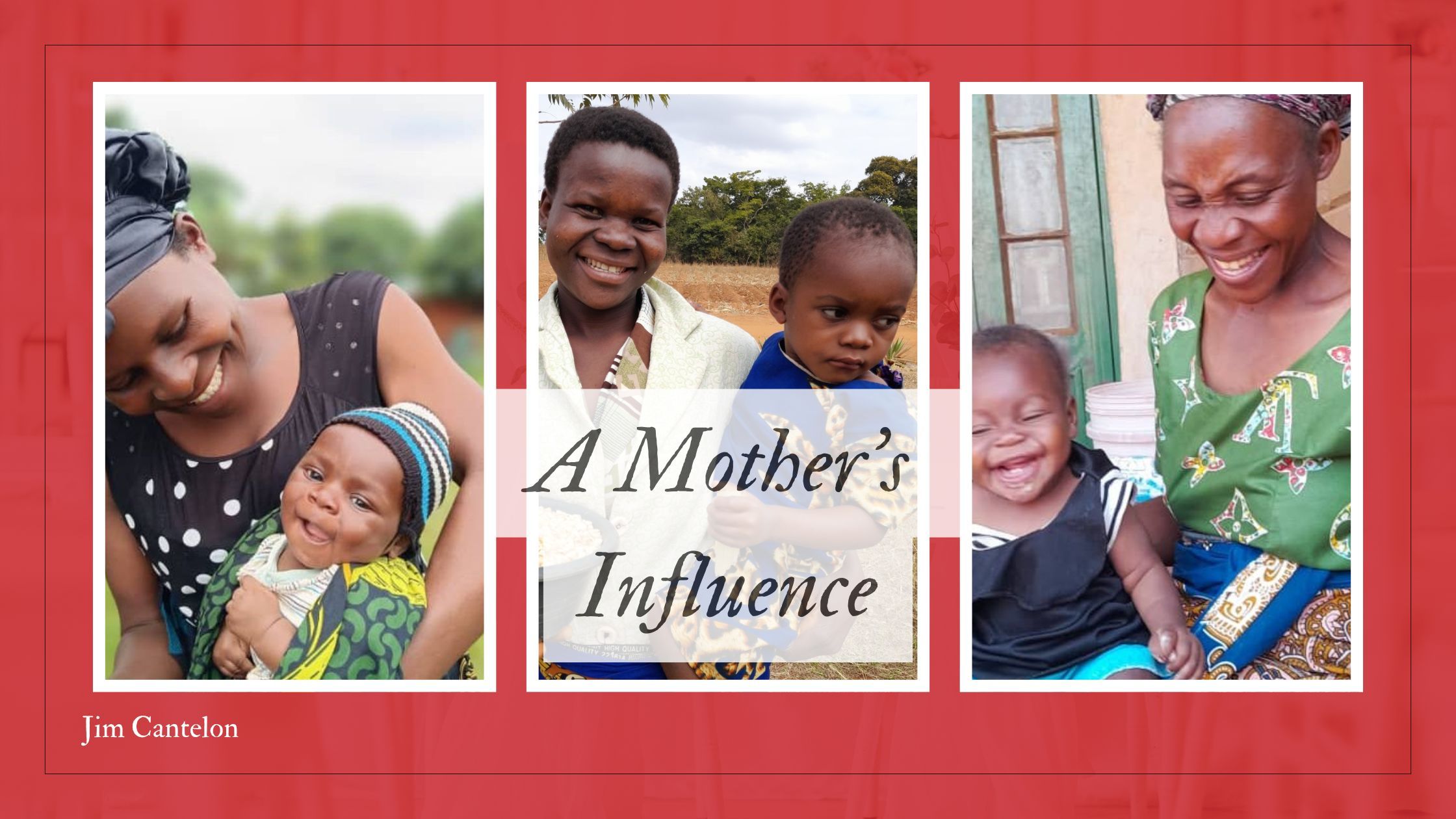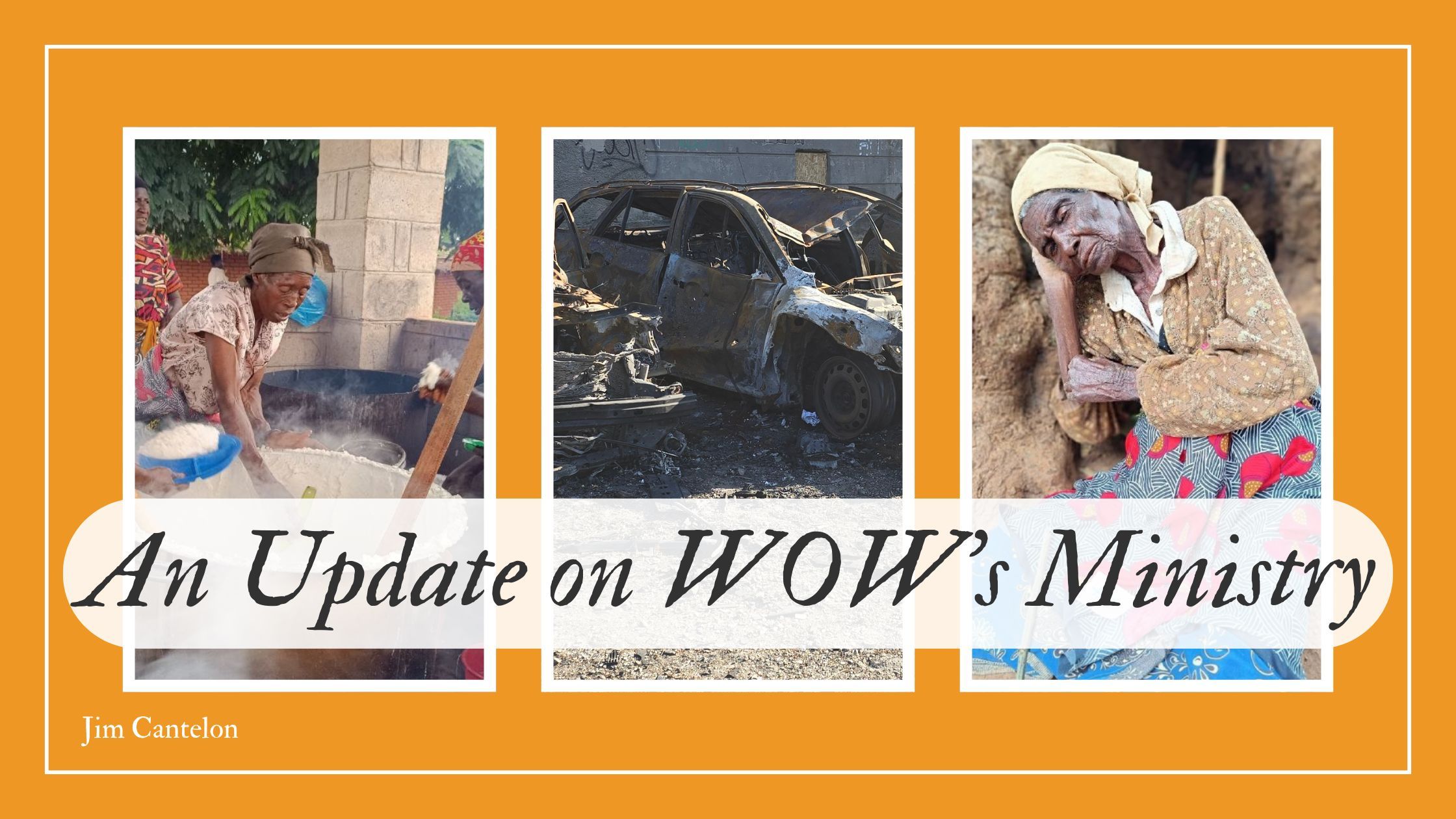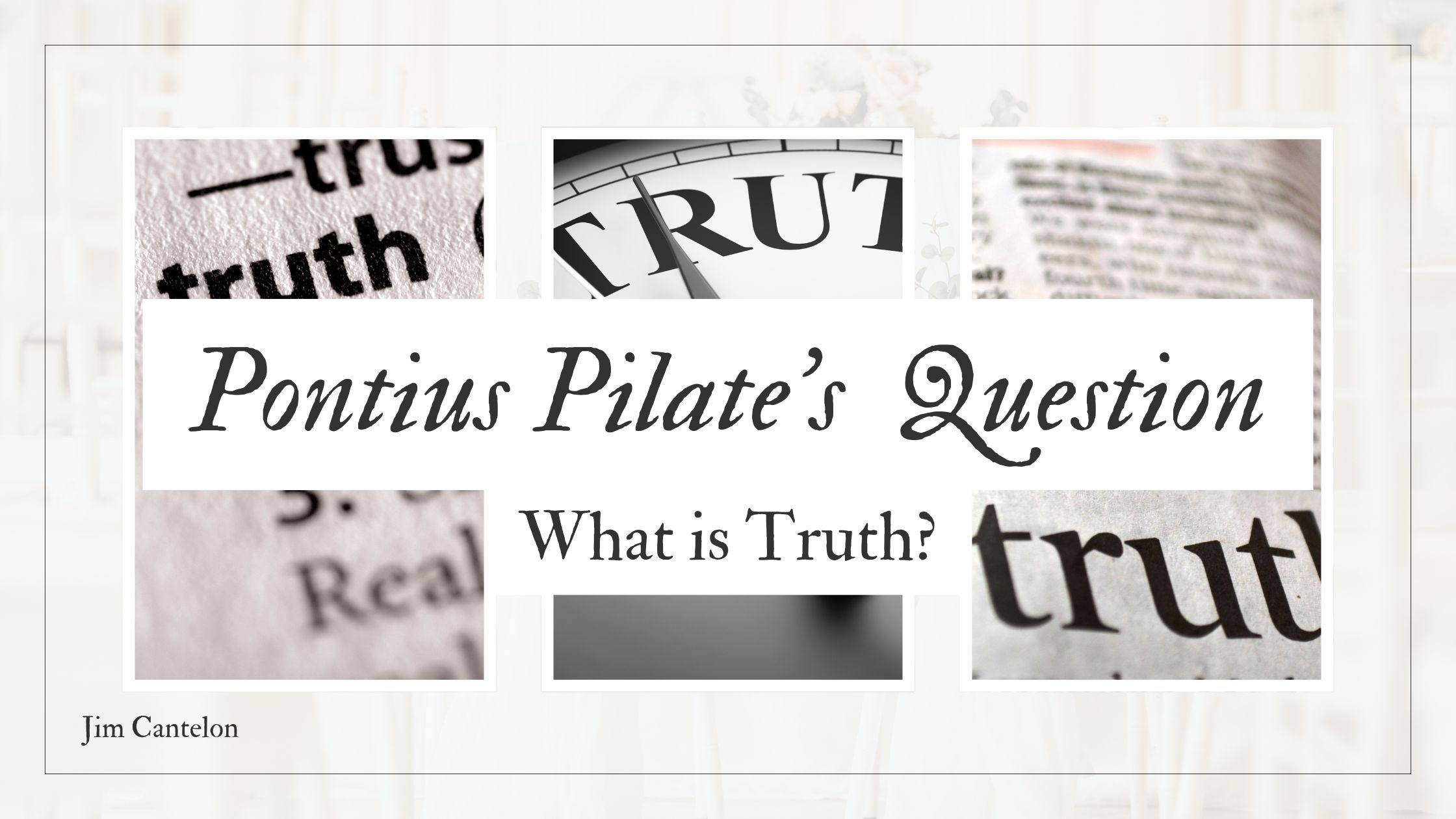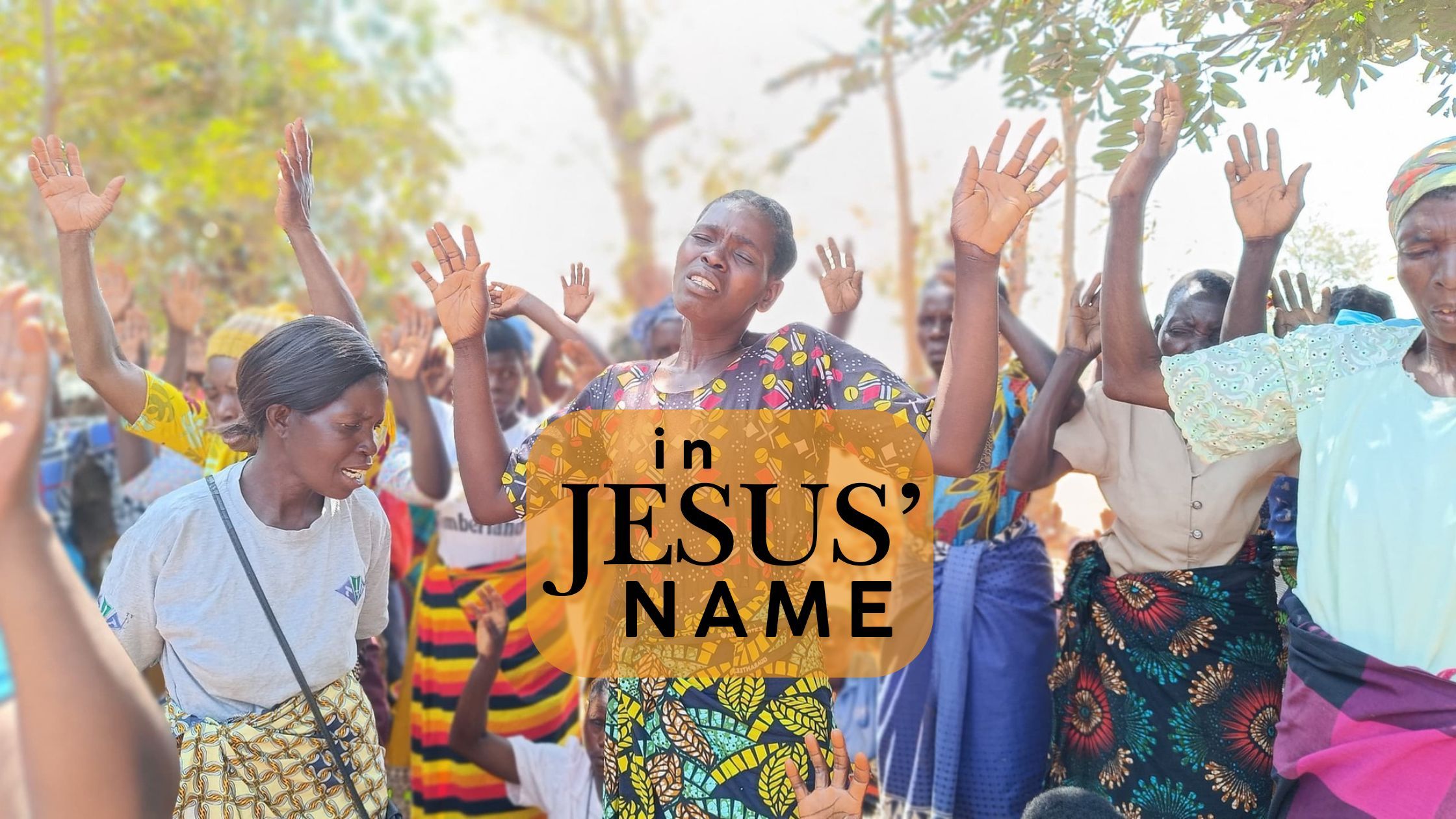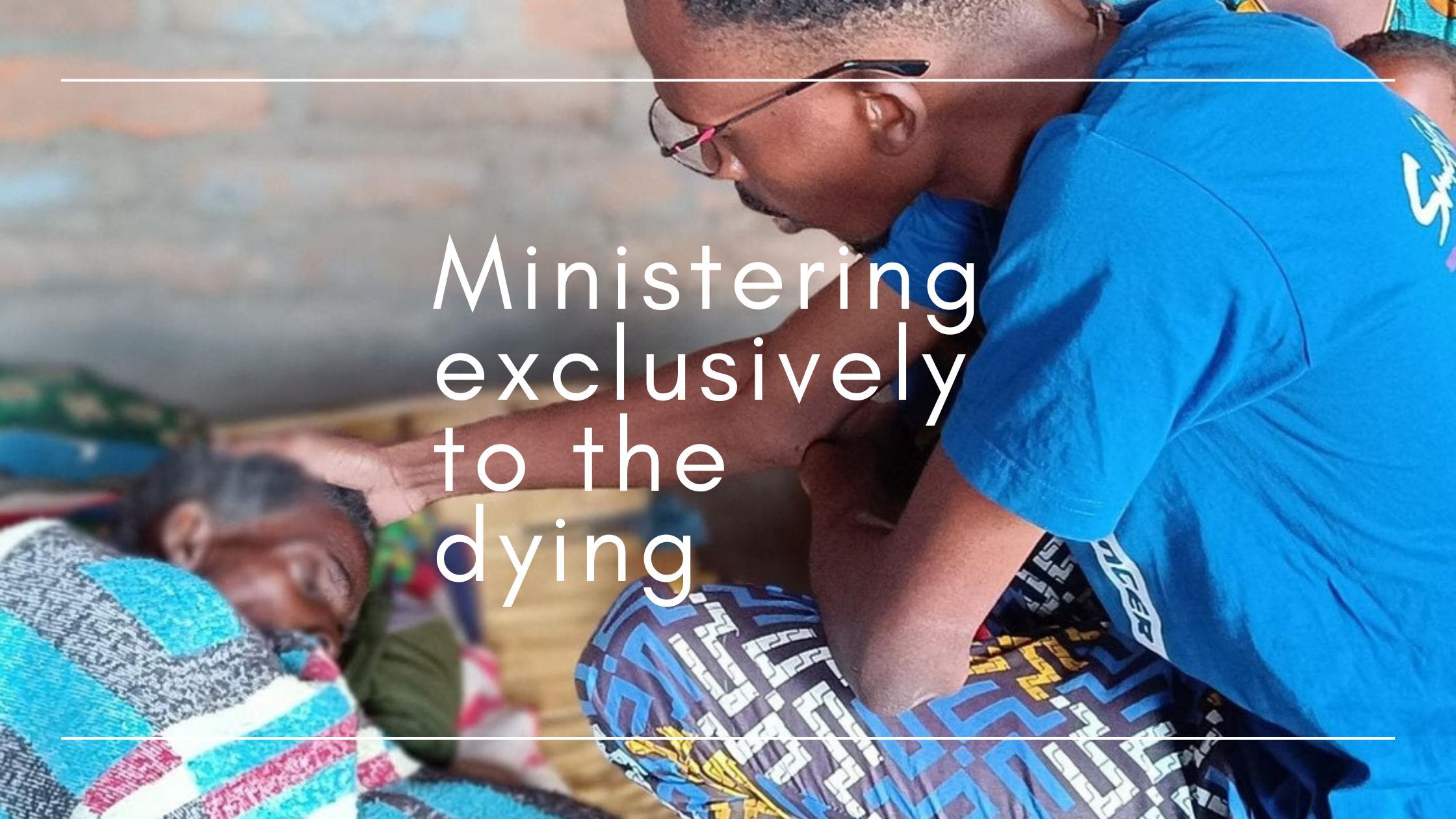As is always the case WOW’s ministry on the ground in Africa is awash in adversity. From drought, crop failure, electrical grid “load shedding” (up to 18hrs a day without electricity!) and the grind of endemic poverty, to recent USAID funding withdrawal, our champions and their impoverished, diseased volunteers and communities are hard pressed to find hope.
The most pressing of these urgencies is the USAID abandonment of the anti-retro-viral (ARV) programs that have literally saved millions of Africans and Indians from death these past 20 years. Former US President George W. Bush initiated his PEPFAR (President’s Emergency Plan for AIDS Relief) vision during his tenure. It no doubt will be his lasting legacy, eclipsing even that iconic moment when he took the loud speaker on the pile of ruins at the site of the 911 attack.
WOW is taking this personally. We have about 1200 volunteers at work. The majority of them are widows themselves and are HIV positive. But ARV’s have kept their viral loads at an imperceptible level giving them life. ARV’s, however, only suppress the disease. As soon as a patient stops or is forced to discontinue the meds the HIV virus reawakens and slowly but surely death is at the door.
Suddenly, because of the precipitate action of the White House, we’re back to where we were 25 years ago where an HIV diagnosis is 100% fatal.
So there is a rising tide of anxiety as the current stockpile of ARV meds is about to be exhausted. What’s more the aforementioned crop failure in MALAWI has seen the cost of maize meal, their daily staple, increase by 35%. Indeed the cost of everything in MALAWI, ZAMBIA, and SOUTH AFRICA has gone up significantly. Stress is pandemic.
Rather than a wail of woe, however, I choose to see opportunity in this dark picture. We’ve always seen ourselves as lighting a candle rather than cursing the darkness, and now, more than ever in our 25 year history I believe WOW has “come to the Kingdom for such a time as this”.
We’ve already increased our food support to Somebody Cares Malawi by 35%. We’ve added a solar electric system to Rob’s Farm in Zambia so that the new maize mill we provided can operate during load shedding hours, and we’ve also funded a solar system for our CHRESO ministry in the rural south.
In Johannesburg our champion ministry CrossConnect have just about completed the second House Nehemiah that we funded last year and it will be focused on the rescue and care of sexually abused girls.
And in war ravaged UKRAINE where our support is so valued we continue to provide food and clothing relief for our partner “Loads of Love” (LOL). We give little public profile to this work but there are several faithful WOW donors who share our compassion for these beleaguered people. Just last week the Russians attacked a neighbourhood a few blocks from one of LOL’s distribution centres with 6 children killed.
The Lord loves “the least of these” and so do we in Jesus’ name. Money is no issue for Him. He owns the cattle on a thousand hills and will supply our need according to his riches in glory. All we need to do is to stay faithful and keep growing.
Which we will.
Jim
